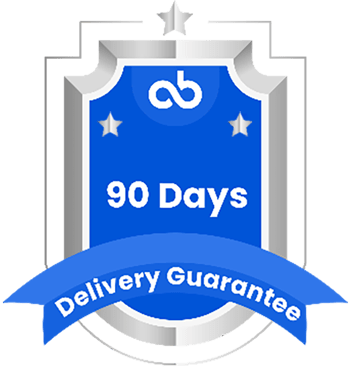The Top 10 ERP Features You Need to Know About
In the dynamic landscape of modern business, Enterprise Resource Planning (ERP) systems have become indispensable tools for streamlining operations, enhancing efficiency, and fostering strategic decision-making. As businesses evolve, the features offered by ERP solutions play a crucial role in determining their effectiveness in meeting organizational needs. Let’s delve into the top 10 ERP features that businesses should prioritize for seamless operations and sustained growth.
1. Comprehensive Integration:
A robust ERP system should seamlessly integrate with various departments and functions within an organization. This includes modules for finance, human resources, supply chain, manufacturing, and more. Integration ensures that data flows seamlessly across the organization, eliminating silos and promoting a unified view of operations.
2. User-Friendly Interface:
A user-friendly interface is paramount for widespread adoption and effective utilization of an ERP system. Intuitive dashboards, easy navigation, and simplified data entry contribute to a positive user experience. A well-designed interface empowers users to access information quickly and perform tasks efficiently, enhancing overall productivity.
3. Scalability:
Businesses are dynamic entities, and their ERP systems should be able to scale alongside their growth. Scalability ensures that the ERP system can accommodate increased data, users, and transactions without compromising performance. Whether a small startup or a large enterprise, the ERP system should be able to evolve with the organization.
4. Mobile Accessibility:
In an era of remote work and on-the-go decision-making, mobile accessibility is a critical ERP feature. The ability to access key functionalities through mobile devices empowers users to make informed decisions anytime, anywhere. Mobile ERP apps enable real-time monitoring and responsiveness, enhancing agility in a fast-paced business environment.
5. Advanced Reporting and Analytics:
Data is a powerful asset, and ERP systems should offer robust reporting and analytics capabilities. Advanced reporting tools provide insights into key performance indicators, helping stakeholders make informed decisions. Customizable dashboards and real-time analytics contribute to strategic planning and proactive problem-solving.
6. Cloud Capabilities:
Cloud-based ERP solutions offer flexibility, accessibility, and cost-effectiveness. Cloud deployment eliminates the need for on-premises infrastructure, making it easier for businesses to adapt to changing needs. It also facilitates remote access, data security, and seamless updates, ensuring that the ERP system remains current and efficient.
7. Security Measures:
Security is a top priority in the digital age, and ERP systems deal with sensitive business data. Robust security features, including encryption, access controls, and regular security audits, are crucial for safeguarding against data breaches and unauthorized access. Compliance with industry regulations adds an extra layer of protection.
8. Workflow Automation:
Efficiency is at the core of ERP systems, and workflow automation is a key feature that enhances operational efficiency. Automation of routine tasks, approval processes, and data entry not only reduces manual errors but also frees up time for employees to focus on more strategic activities.
9. Supplier and Customer Relationship Management:
Effective ERP systems extend beyond internal processes and encompass interactions with external stakeholders. Features for Supplier Relationship Management (SRM) and Customer Relationship Management (CRM) help businesses optimize interactions with suppliers and customers, fostering better collaboration and enhancing overall satisfaction.
10. Regulatory Compliance:
In today’s complex regulatory environment, ERP systems must support compliance with industry-specific regulations and standards. Whether it’s financial regulations, data protection laws, or industry-specific standards, the ERP system should have built-in features to ensure that the organization operates within the legal framework.
Conclusion:
Choosing the right ERP system is a strategic decision that significantly influences the efficiency and competitiveness of an organization. The top 10 ERP features highlighted above provide a roadmap for businesses seeking a comprehensive solution to streamline operations, enhance decision-making, and drive sustainable growth. By prioritizing these features, businesses can leverage the full potential of ERP systems to navigate the complexities of the modern business landscape.






